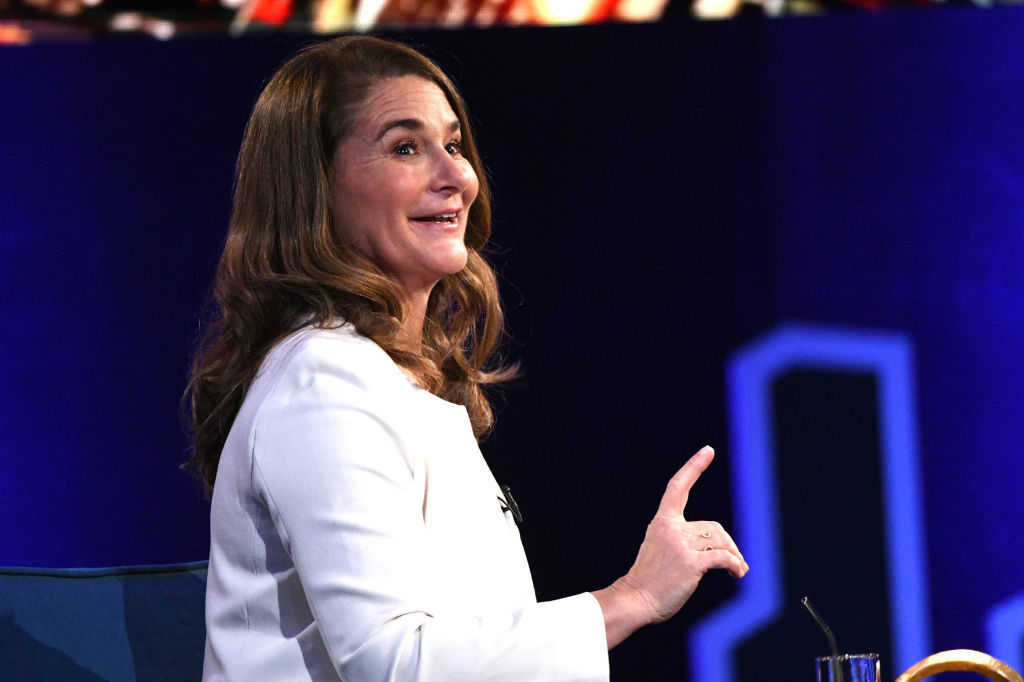Bill and Melinda Gates have done great things with their billions — helping fund initiatives to alleviate global poverty, and improve education and healthcare worldwide. Having given $36 billion to charity in their lifetimes, their generosity cannot be denied. But, when you hear them covertly reference population control, it’s worth a pause.
In an interview with David Letterman, Melinda Gates — who has been on a media tour across the country for her new book — ventured into this territory, saying this:
“Here’s how we know [change] is possible; in every country in the world where you’re given access to modern contraceptives, it only takes one generation for them to be fully uptake, and for them to see the birthrate decline. And once they have consistent access, women will use it, and what they’ll also do is they’ll do it covertly without their husband knowing it.”
The use of contraceptives is not the issue here — the motive is. While contraceptives will reduce the number of abortions and serve as an effective tool for responsible family planning, they are not for everyone. Contraceptives carry health risks, some faiths do not believe in their use and many simply aren’t interested in decreasing their family size. Certainly, there is hope for economic opportunity, but cutting the birth rate is not necessarily part of that.
The Gates Foundation is known for asserting that a woman with an education would never choose to have a large family, but last year a Twitter campaign pushed back on this notion, with tweets like this one:
Gates fails to consider that many women want children — and lots of them. This doesn’t negate a simultaneous desire for educational and economic opportunity. By telling women that children are a “disadvantage,” Gates contributes to an anti-empowering mindset that women are not strong or capable. As sociologist Anna Sutherland writes:
Instead of just preventing disadvantaged women from having children in the first place, why not concentrate on policies that equip them and their partners to care for their children better?
Were we to adopt this mindset abroad — as well as in the United States — we would empower women see that children aren’t a hindrance, but an asset. Our children make us better and more motivated personally and professionally.
One mother of four, who lives on a farm in Virginia, recently told me:
“I’m motivated to become a better person because of them. Motherhood is a sanctifying experience. I want to be the best personal version of myself for their sake and not just for my own.”
I understand the Gates intention help reduce poverty and increase opportunity, but covertly promoting population control by asserting that birth control is the answer is not the best route towards empowerment.


